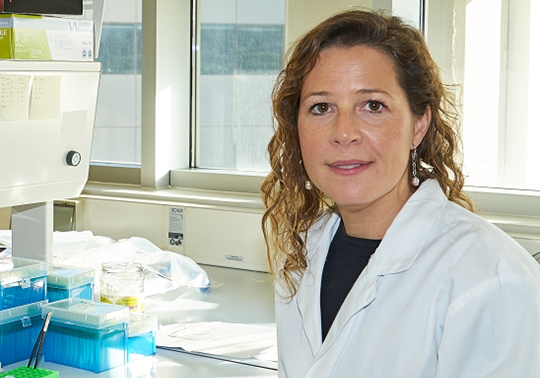
Next Thursday 17 October 2019 12:00 am at Seminar room - SS6 (institutes building floor -1), Mireia Coscollá Devís (I2SYSBIO - Universitat de València) will give a Seminar on "Deciphering the evolution of Mycobacterium tuberculosis throughout Africa and different hosts using genomics".
SEMINAR(i): Deciphering the evolution of Mycobacterium tuberculosis throughout Africa and different hosts using genomics.
WHO?: Mireia Coscollá Devís (I2SYSBIO - Universitat de València)
LANGUAGE?: English.
WHEN?: Thrusday 17/10/2019 – 12:00 am.
WHERE?: Seminar room - SS6 (Institutes building floor -1)
ABSTRACT:
Whole genome sequencing of Mycobacterium tuberculosis is being adopted for tuberculosis epidemiological investigation and drug resistance detection, leading to increasing genomic data and resources being available for analyses. However, the development of rapid typing tools based on genomic data requires a profound knowledge of the Mycobacterium tuberculosis complex (MTBC) genomic diversity and history. Our aim is to decipher the evolutionary history of the deeper nodes of the MTBC phylogeny, including MTBC animal ecotypes and M. africanum lineages, which are under sampled and insufficiently studied currently.
By retrieving from public databases and sequencing new genomes, we compiled around 700 M. africanum, 800 animal associated, and 80 not classified genomes to unravel the genomic features that differentiate M. africanum lineages and the related animal adapted ecotypes. We conducted the most comprehensive phylogenomicc study of M. tuberculosis animal ecotypes and M. africanum genomes, revealing yet unknown variation but also providing a new phylogenetic framework for better understanding the evolution of the different ecotypes of the MTBC and guide future work aimed at elucidating the molecular mechanisms underlying host specificity.
Links:








